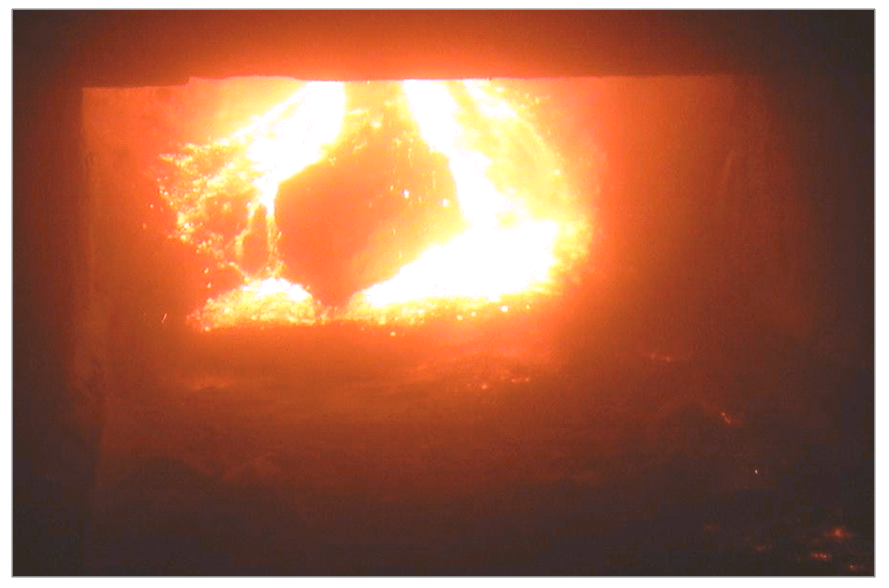The novel coronavirus disease (COVID-19) pandemic has put the brakes on an ambitious project for Caribbean Cement Company to remove and incinerate between 1.5 and two million tyres from the Riverton City landfill.
A memorandum of understanding (MOU) between the Government and Caribbean Cement was signed last July to see the removal of the environmentally hazardous tyres from the landfill.
During the pilot stage last December 6,000 tyres were burnt by the cement company in 11 days, but with the onset of COVID-19, the project has been put on hold.
“We signed a MOU with the Government of Jamaica last year and we did the testing. We learnt a lot from that and we realised that we were able to start burning them on a continuous basis,” Yago Castro, general manager of Caribbean Cement Company, told the Jamaica Observer.
“We think that we can eliminate all the tyres that are at Riverton in a respectable amount of time, less than 10 years. They are now stored there, dumped there, and that constitutes different types of hazards. As you know mosquitoes [can breed in them]” said Castro. They are also a fire hazard, he added.
He noted that the incineration of used tyres is something that is done in many parts of the world in an environmentally friendly manner and argued that the same can be done in Jamaica.
“The cement kiln is perfect for that because of the technology, the high temperatures; the items inside the kiln guarantee that you fully destroy the tyres and you do not generate any acids at all, so that everything is incorporated into the final products.
“Perfect solution. Technical solution. We can do it. We have the technology here in Jamaica, we have retaken the conversations with the Government but I think with the COVID thing of course the Government has a lot of other priorities right now.
“But I hope that we will be able to take it forward. It is an idea to really be implemented in a medium- to long-term scheme,” said Castro.
He argued that the cement company does not stand to earn any economic benefits from the programme but it is committed to the project because it is great for the country.
In announcing the MOU with Caribbean Cement last year, Prime Minister Andrew Holness noted that the tyres have been accumulating for decades at Riverton as well as other landfill sites across the island.
Holness pointed out that the tyres pose a serious threat to the environment, mainly due to the fire hazard, as, when they are burnt, toxins are released into the atmosphere. He argued that the project was imperative for the Government’s environmental agenda.
“The Government is on a path; we are committed, and I think that this is a synergetic solution to the problem of solid waste disposal, particularly those combustible types in the form of tyres,” said Holness then.
“Carib Cement will be responsible for the payment of costs relating to the offloading of the tyres, and the Ministry of Local Government and the Ministry of Economic Growth and Job Creation will share equally in the cost of putting the tyres on the trucks and transporting them to the kiln,” noted Holness.
The prime minister was supported by minister without portfolio in the Ministry of Economic Growth and Job Creation Daryl Vaz, who argued that the project was an important public-private partnership that would deal with a very sensitive environmental issue.
Vaz said the Government was working to find a solution to the issue of the stockpiled tyres for some two years, as an average of 1,000 tyres are deposited at the Riverton landfill each day.
He further pointed out that a major issue which has impeded the proper management of tyres at the dumps was that they were illicitly burnt, from time to time, so that the copper extract could be taken out and used in the scrap metal industry.

